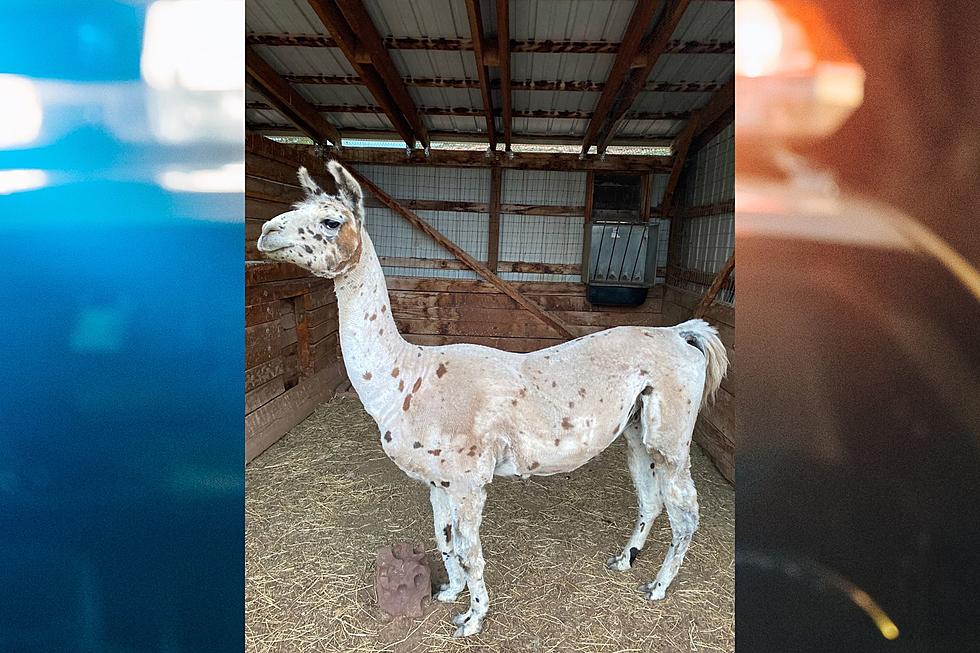
Colorado Sees Rash of Worker Strikes Through 2021
We can all agree that the past year and a half has been more taxing than most in about every way it can be, a statement no truer than for Colorado’s blue-collar workers. In fact, the Centennial State has experienced three labor union strikes this year, and narrowly avoided a fourth from Denver’s local International Alliance of Theatrical Stage Employees (IATSE).
It goes without saying that throughout the pandemic, many of us relied on streaming services and entertainment for comfort during the long, isolated months. But while streaming services experienced massive profits, the multitude of workers who are indispensable to making these shows happen experienced grueling hours and low pay, according to the union’s website. Due to these conditions, the IATSE had planned to begin striking on Monday, October 18, had a last-minute agreement not been reached on Saturday evening, according to CNN.
However, film and television workers aren’t the only ones who were fed up with their working conditions this year.
According to 9News, Colorado workers took part in three strikes this year, the most recent being the DIA janitorial strike that we reported on October 1, which called for better pay and greater staffing. As well as this, Aurora Nabisco employees joined a strike in Portland on August 14th, also calling for better pay, healthcare, fair scheduling and decent healthcare. Finally, Denver John Deere workers are currently striking as of the writing of this article, calling for better pay, retirement benefits, and the establishment of fair work rules (you can find information on all of these strikes at the Cornell School Labor Action Tracker).
"I think what you're seeing is kind of the perfect storm," said Whitney Traylor, an employment law expert, to 9News on October 16. "I mean we're coming out of the pandemic. Folks are exhausted; a lot of these union workers who are striking or threatening to strike are on the front lines."
It’s unclear how long we’ll be seeing the repercussions of the pandemic in Colorado, but it seems likely to me that we’ll continue to see a shifting of power between the employer and the employee as we grapple with the implications of overtaxed labor after over a year of new challenges.



